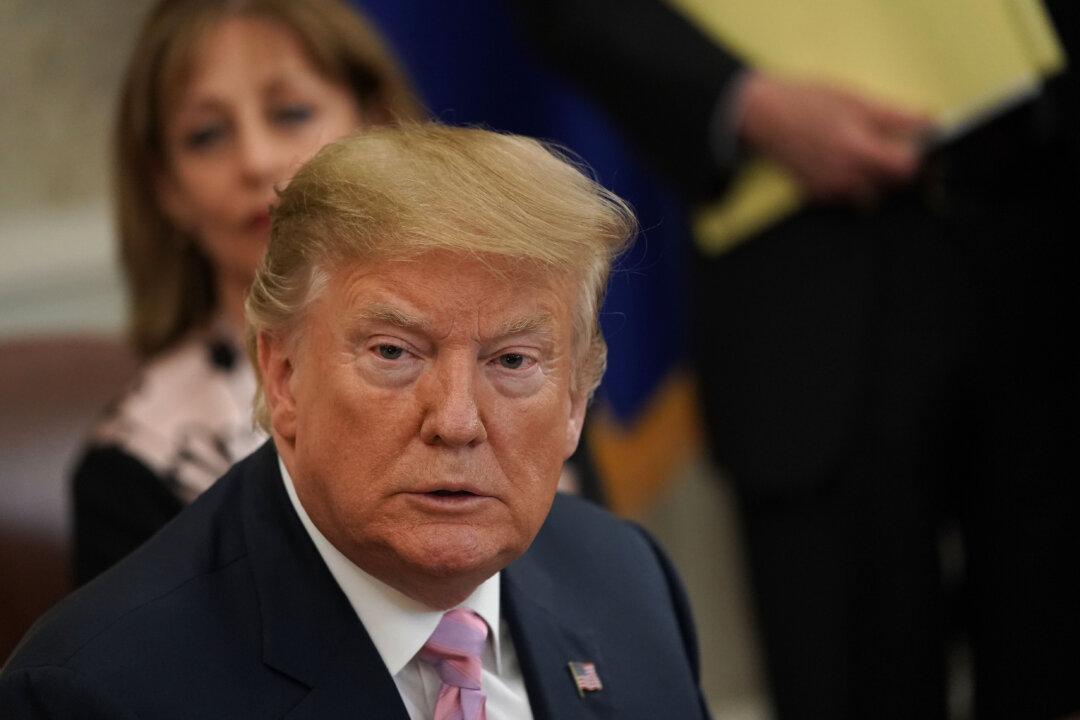The White House is considering a plan to curb payments sent to Mexico and Central American countries in order to stem a surge of illegal aliens pouring into the United States.
A senior administration official told reporters on April 10 the plan would restrict remittances from the United States in order to discourage migrants.





